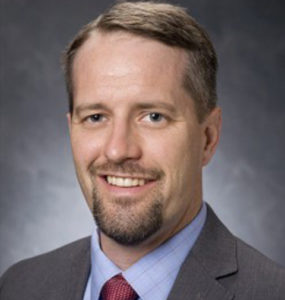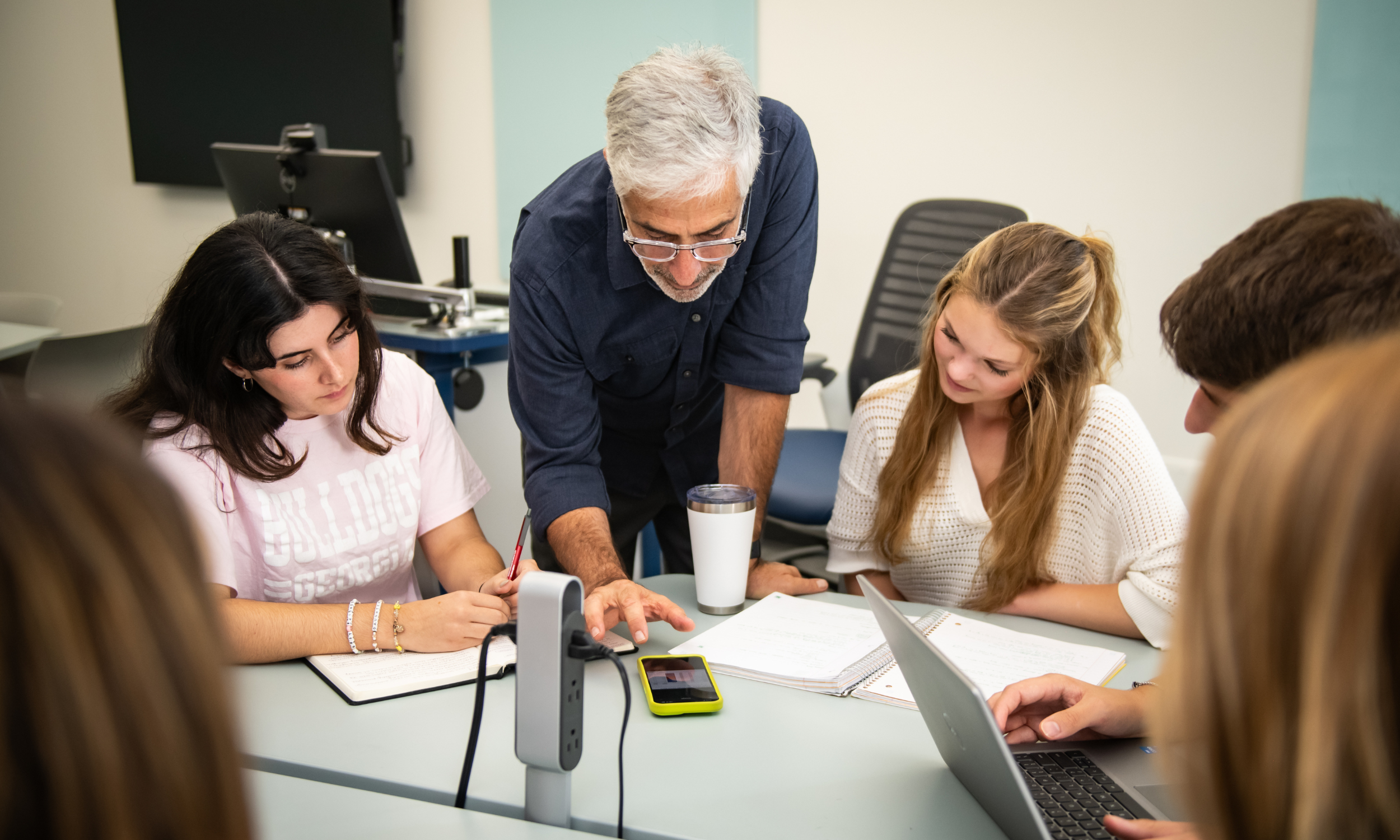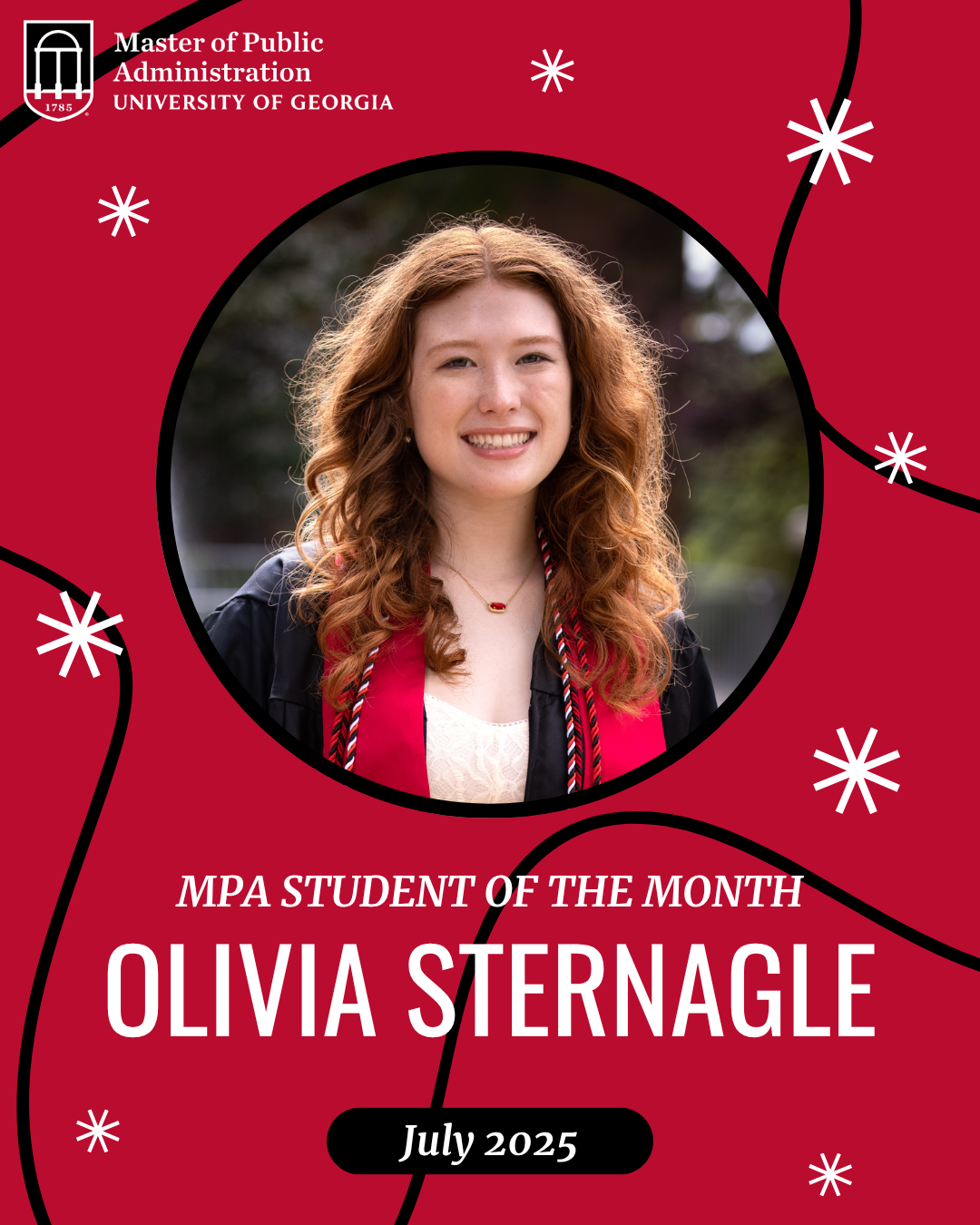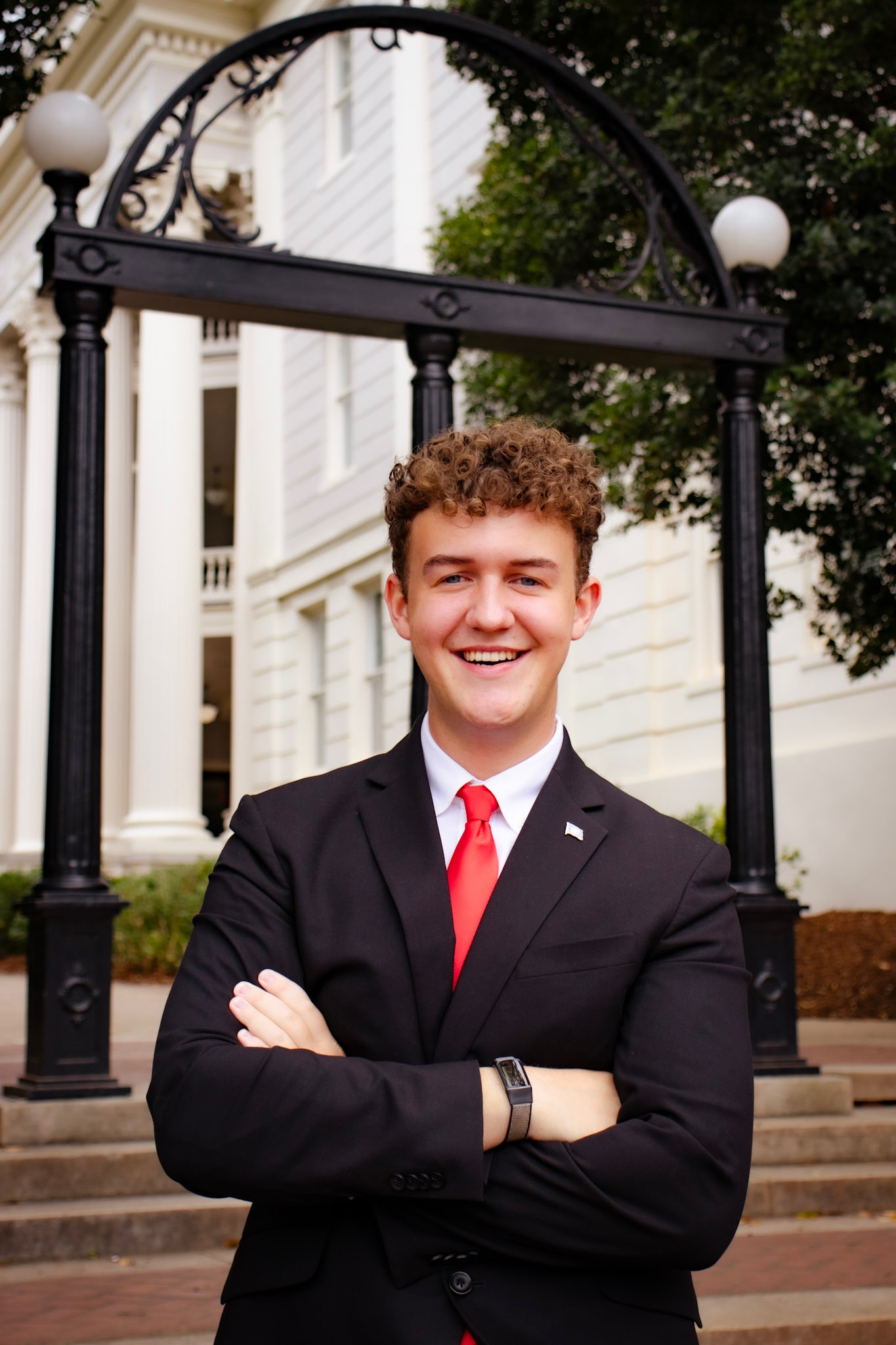
By Marli Collier
67% of people prefer lice over it. 56% of people prefer root canals over it. 57% prefer used car salesmen over it.
What is “it”? It’s what Dr. Michael Lynch studies: Congress.
“I worked on a presidential campaign when I was in college, and there wasn’t really a lot of discussion about policy. I didn’t actually enjoy working on the campaign very much. It was very broad: more rhetoric than actually solving problems. So that got me much more interested in policy, and Congress is where policy is made,” Lynch explains.
After working for six years at the University of Kansas, Lynch came to the University of Georgia in 2013. His research focuses primarily on American politics, congressional policy making, executive policy making, and “just how things get done,” Lynch describes.
Exactly how much policy being made today is questionable to many citizens, and Lynch understands that frustration. So exactly what is going on in Congress right now? “Nothing,” says Lynch definitively.
The current degree of partisanship in Congress has hindered legislation and hardened divides. Lynch continues, “It (partisanship) just makes it really difficult to get anything done… There’s a lot of really important problems that everyone knows are problems. Immigration is a great example of Democrats and Republicans thinking the current law is terrible, but nobody can come together and compromise enough to fix what we all know is a pretty bad situation.”
Lynch’s class dedicated to how a bill becomes a law has created a research team of students to help Lynch and Professor Anthony Madonna study how Congress decides which bills get put to a vote and which do not. “I get the chance to work really closely with kids working on a research project that’s part of our research team, and that’s been really great for me. It’s fun to have students that are involved in something really complicated,” says Lynch.
UGA has recently recommitted itself to address problems in Georgia and around the world through extensive research and education. SPIA is home to two renowned researched centers (CITS and GLOBIS, respectively), apart from the research that our esteemed professors conduct every day. It’s that collective research effort that attracted Lynch to UGA in the first place. “I was excited to come here mostly because of the faculty. There are a lot of people I had already worked with doing research projects before I came here so for me it’s been a very collaborative environment.”









